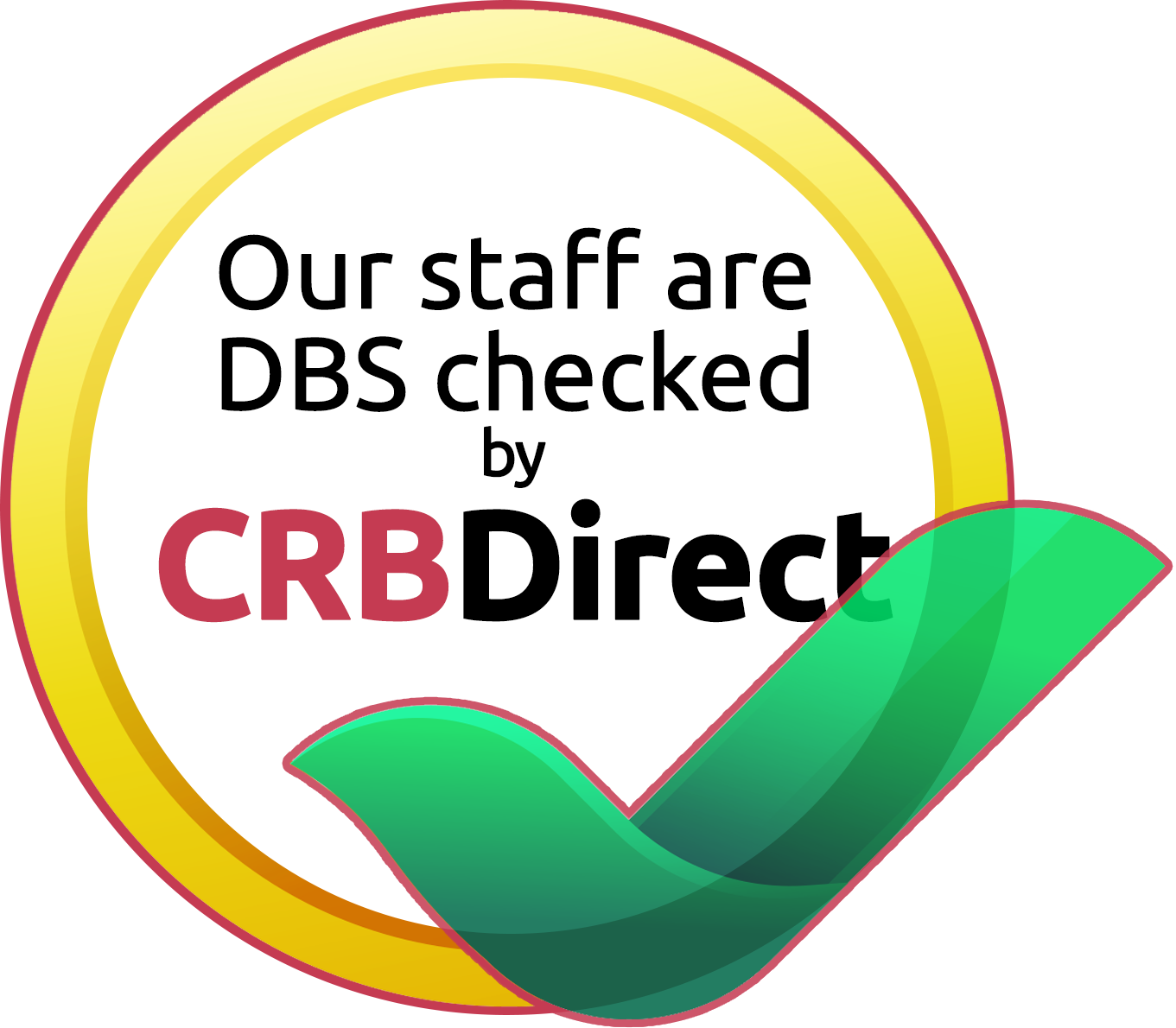
When you run your own business, keeping risks to a minimum is top of the agenda. One rogue employee can easily send a business to the wall or cause irreparable damage to your reputation. Recruiting someone new to join the team is a minefield. Trying to find someone who is the perfect fit for your business isn’t always easy. Getting it wrong can be an expensive mistake. One way of minimising risks is to run basic DBS checks on everyone joining your organisation.
But Aren’t Basic DBS Checks Restricted?
There are three levels of disclosure checking. Employers can only request standard and enhanced checks for certain roles. Basic checks are different. Anyone can ask for a basic DBS check, at any time. This even applies to people who are self-employed. So as an employer, you could implement a policy of DBS checking every new starter with your organisation. This isn’t illegal and it isn’t discrimination, as long as you apply the policy consistently. Many companies roll their DBS checking into the rest of their recruitment checks into CVs, references and nationality status.
What The Checks Show
A basic DBS check, as the name suggests, is the least detailed level of checking. The certificate will show all convictions and cautions which are not considered “spent” under the Rehabilitation of Offenders Act. This is quite a complex piece of legislation but in basic terms, it means that after a certain length of time, old offences are officially “forgotten”. Minor crimes are spent more quickly than serious crimes. Crimes committed when you are young are forgotten more quickly too. Some very serious offences are never forgotten. Most employers include a question on their application forms about unspent convictions. A basic DBS check is just a simple way of checking that your applicant is telling the truth.
Using the Information
A DBS certificate at any level is just a statement of fact. People talk about “passing” or “failing” checks but that’s not the case. Every employer has their own ideas about who they want to recruit. There are no rights and wrongs. Take into account the specifics of your business and work out what you’re prepared to accept. Look at the information on the certificate as part of the picture, not the sole deciding factor.
Benefits of Checking
There are lots of benefits of checking up on employees. It’s another level of checking on you employees. Checking can help you get people to deliver good customer service, therefore enhancing your company’s brand image. Thorough checking also tells the rest of your employees that you are serious about getting the right people for the job. There are practical benefits too. If a member of staff does commit a crime, you can show to your insurer that you did everything you could to check up on their background. This can be important if legal action is taken against the company after an incident. Given that basic checks are cheap, it makes a lot of financial sense to check people as standard practice.

